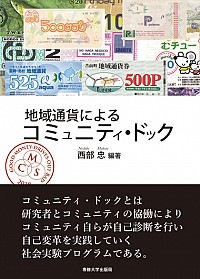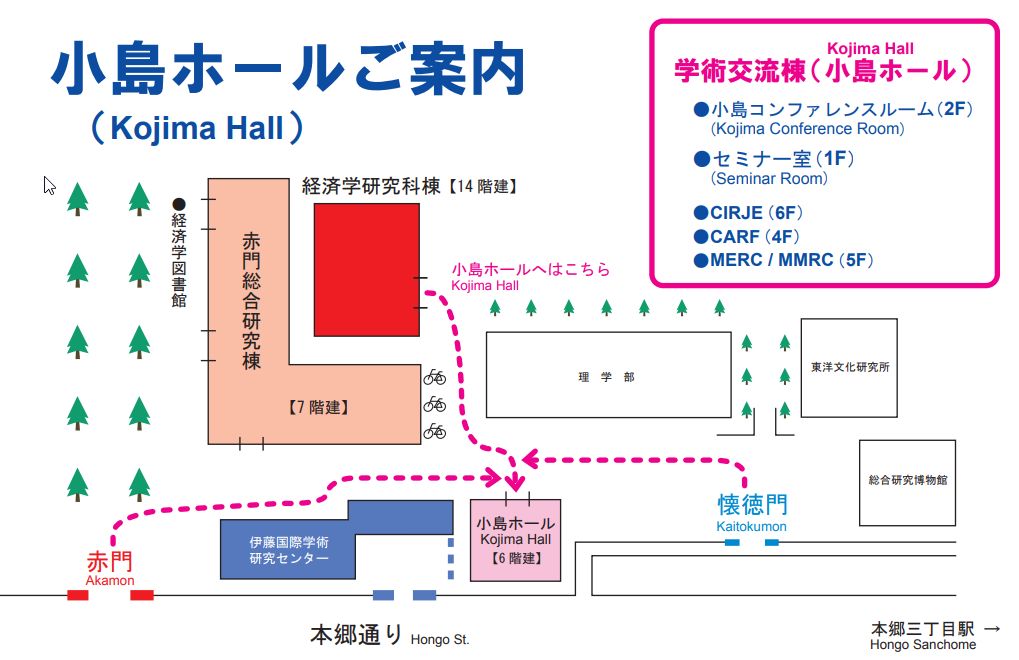2019年度進化経済学会賞受賞作品決定のお知らせ

2019年度進化経済学会賞
進化経済学会賞審査委員会
受賞書籍タイトル: 地域通貨によるコミュニティ・ドック
著者名: 西部 忠(編著者)、草郷 孝好、吉地 望、橋本 敬、小林 重人、栗田 健一、
吉田 昌幸、宮崎 義久(以上共著者)
受賞理由:
本書は、地域通貨を組み込んだ地域振興を「コミュニティ・ドック」というアイデアの
もとに総括したものです。編者の西部氏は全ての章の執筆に関わるなど、その貢献は多大
ですが、他の協同者の貢献も逸することはできないと委員会は考えています。
第1章の理論編では、制度を内なる制度と外なる制度に分けた時、その両方を改革して
いくものが進化主義的な制度設計だと論じています。そして、コミュニティ・ドックとい
う新しい構想も進化主義的な制度設計の一つであると論じています。コミュニティ・ドッ
クは、人間ドックに倣った概念で、外部の専門家の分析と提言の下で、地域の当事者が内
なる制度である自己認識と外なる制度の両方を変えていくことによって、地域の振興をは
かるというものです。
第2章以降は、国内3つと、ブラジル・フォルタレサ市の貧困地域の地域通貨の実践を
扱っています。うち国内3つは、西部氏他が各地域の人々と協同して活動した地域通貨と
コミュニティ・ドックの実践の記録でもあります。地域通貨はその流通経路が分析でき、
それによって地域の問題を明らかにすることが可能となります。これが本書のタイトルで
もある「地域通貨によるコミュニティ・ドック」の中身です。もちろん、アンケートなど
もコミュニティ・ドックの手段として活用しています。
本書は、理論面では進化経済学の立場からの制度論を展開し、政策論としては地域通貨
によるコミュニティ・ドックという新しい地域振興の政策手段を提唱しています。さらに
、実際に国内各地で地域通貨の実践を行い、その結果を総括しています。実践は全てが成
功したようには見えませんが、失敗し、それを改善していくことも進化主義的な制度設計
の一つもプロセスです。このように理論、政策論、政策の実践という広範囲で進化経済学
の発展に多大な寄与をなしたと評価できます。
以上の理由で、本作品を西部会長ならびに理事会に、本年度の進化経済学会賞最終候補
として推薦するものであります。
2019年9月20日
